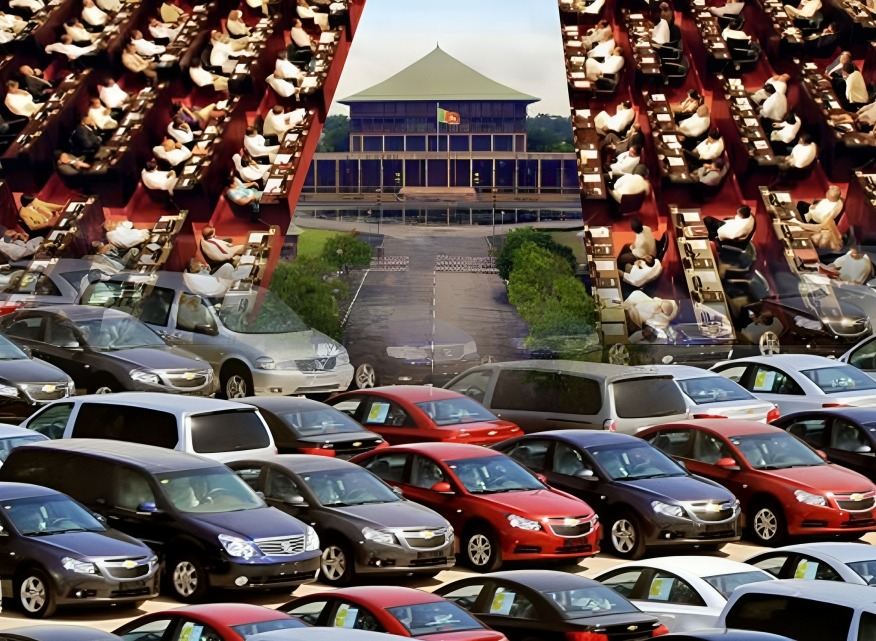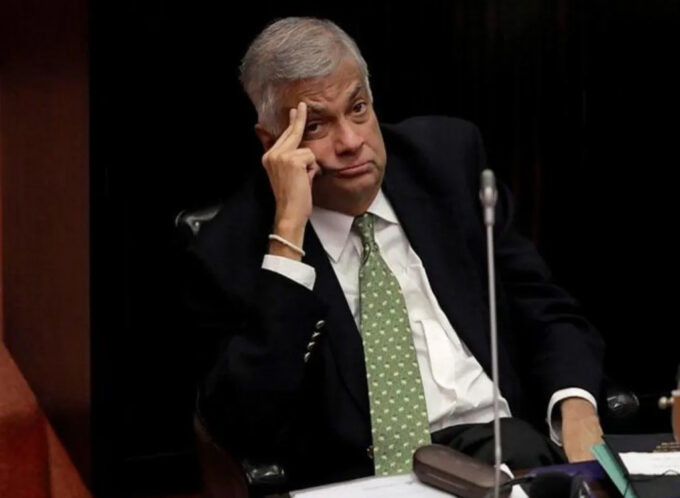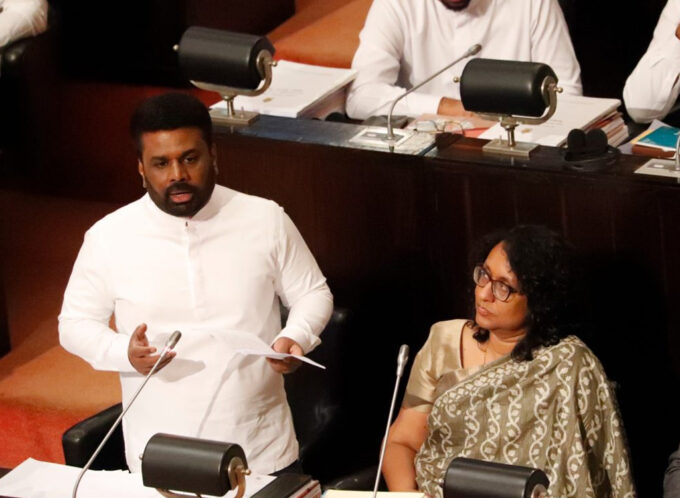By Sasanka De Silva
The issue surrounding the cancellation of duty-free vehicle permits for members of parliament (MPs) has resurfaced in the political discourse, igniting a heated debate. Initially introduced by former President Gotabaya Rajapakse, the policy came under scrutiny during election rallies, particularly by the National People’s Power (NPP), who promised to abolish these permits upon taking office. Instead, they propose an alternative—a government-managed vehicle pool for elected representatives. But is this change indeed a prudent move?
To evaluate the merits of establishing a vehicle pool for MPs, it’s essential to assess both the pros and cons of such a system.
On the surface, the idea of a vehicle pool appears appealing: with 225 MPs needing transportation, the government would need to invest in at least 250 vehicles to ensure availability and functionality. However, managing this fleet entails significant financial and logistical challenges. The burden of maintaining a sizeable vehicle inventory includes not only the initial purchase of vehicles but also the necessary infrastructure to support them. This includes ongoing maintenance, repairs, and administration costs. Moreover, the employment of additional personnel to oversee these operations raises further concerns about efficiency, given the historical inefficiencies often associated with government jobs.
Ultimately, the cost of this proposed vehicle pool could fall squarely on the shoulders of the taxpayers, who are already grappling with numerous financial pressures. This approach raises a crucial question: why should citizens bear additional costs for the convenience of elected officials?
In contrast, issuing duty-free permits would transfer the financial responsibility of purchasing and maintaining vehicles to the MPs themselves. They would utilize their own resources to import and service their vehicles, which, in effect, removes the burden from taxpayers. While the government would forgo collecting certain taxes through this scheme, it should be noted that this loss is largely theoretical. Unlike tangible expenditures for managing a fleet, the tax losses from permits do not constitute an immediate outlay of cash or resources.
To mitigate potential misuse of the duty-free privilege, the government could establish clear limits, allowing MPs to import vehicles up to a certain value. Any excess would be subject to regular tax rates. This approach promotes accountability, ensuring that representatives act responsibly without compromising taxpayer interests.
Considering these factors, we are confronted with a fundamental question: should the government invest taxpayers’ money in a depreciating asset, or would it be more prudent to issue duty-free permits and conserve valuable foreign currency reserves?
In conclusion, while the intention behind establishing a government vehicle pool is to create an efficient transport system for MPs, the practical implications of such a proposal suggest that it may not be the most financially responsible choice.
A duty-free permit system, with appropriate safeguards against abuse, offers a more sustainable, taxpayer-friendly alternative that fosters both personal responsibility and fiscal prudence. As discussions progress on this hot topic, it’s essential to consider the long-term impacts on governance and the economic realities faced by citizens today.











Leave a comment